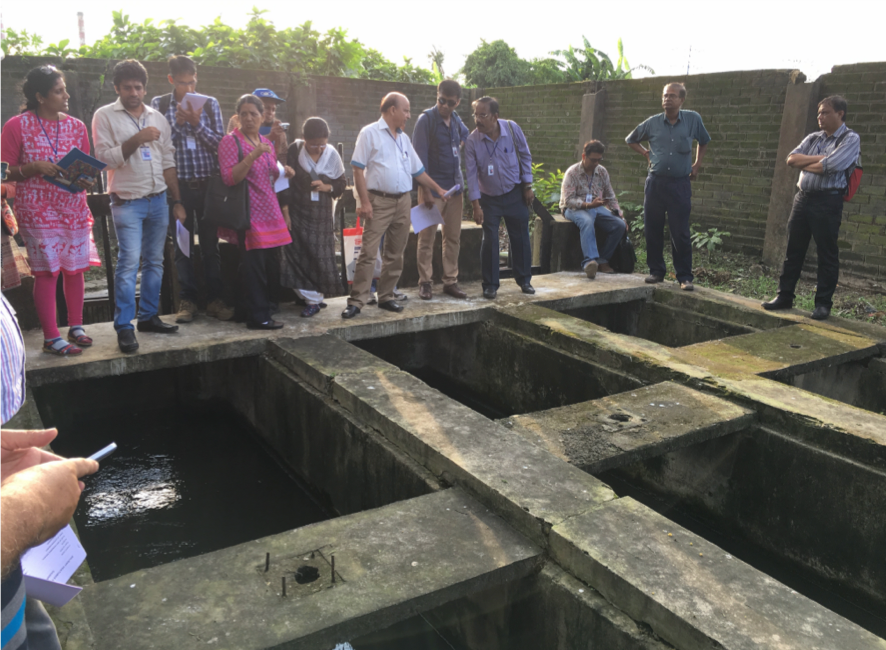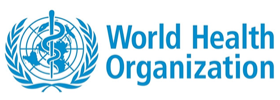WHO
Guidelines Training Strategy
WHO
Worldwide
Development and implementation of the WHO Guidelines on Sanitation and Health Training Strategy

Training and coaching key stakeholders for the successful implementation of the WHO recommended local health risk management approach, SSP
Visit project page
Client
World Health Organization (WHO)

Beneficiaries
We work with local authorities, service providers, entrepreneurs, and agencies along the sanitation service chain.
Key Partners
Swiss Tropical and Public Health Institute (Swiss TPH)
La Molina National Agrarian University (UNALM), Peru
Pan American Health Organization (PAHO)
In 2012, in the framework of the SDC Resource Recovery and Reuse (RRR) initiative, the World Health Organization embarked on a mission of developing a risk-management methodology to be applied to sanitation systems, in particular the reuse step. This effort was driven by ensuring that wastewater and excreta reuse practices would not pose public health risks to sanitation workers, farmers and communities. As part of the RRR consortium, we got immediately involved in the Sanitation Safety Planning process, particularly supporting sanitation and reuse entrepreneurs in India, Uganda, Peru, and Vietnam in developing businesses based on the reuse approach.
Today, Sanitation Safety Planning (SSP) is the WHO recommended local risk assessment and management approach for the entire sanitation value chain. It is not only applied for reuse systems but to ensure safety in all kinds of sanitation systems: offsite (or sewered), onsite (such as Faecal Sludge Management) and decentralized (like based on DEWATS). In addition, the methodology supports sanitation utilities and authorities in the process of identifying incremental improvements at each step of the sanitation service chain to allow progressive implementation towards sanitation targets and allowing investments to be prioritized according to the highest health risk.
We, as seecon, support the WHO in its effort to promote the implementation of Sanitation Safety Planning around the world, building the capacity of different stakeholders and developing training tools. In specific, we have conducted and still are in charge of the following tasks:
Co-create and design
Development of the SSP training strategy and action plan
Empower
Facilitation of face-to-face SSP trainings in Kolkata, India (2016), Richmond, UK (2017), Lima, Peru (2017) and Bonn, Germany (2019).
Preparation and carrying out of the SSP online training “maximizing health impact of sanitation systems” in December 2020.
Reach and connect
Adaptation of the SSP manual with climate change considerations and including information from the 2018 WHO Guidelines on Sanitation and Health.
Update of the SSP Trainers Package, including manual and training material.
For more information, visit the following the WHO official webpage
Watch Leonellha introducing Sanitation Safety Planning
Watch the SSP MOOC lecture, with Kate Medlicott, WHO Sanitation and Wastewater Team Leader
Read the SSP factsheet in our SSWM Toolbox
If you need to initiate an SSP process in a locality and train stakeholders or coach the process, don’t hesitate to contact us. We can help you making SSP a reality!
Contact us